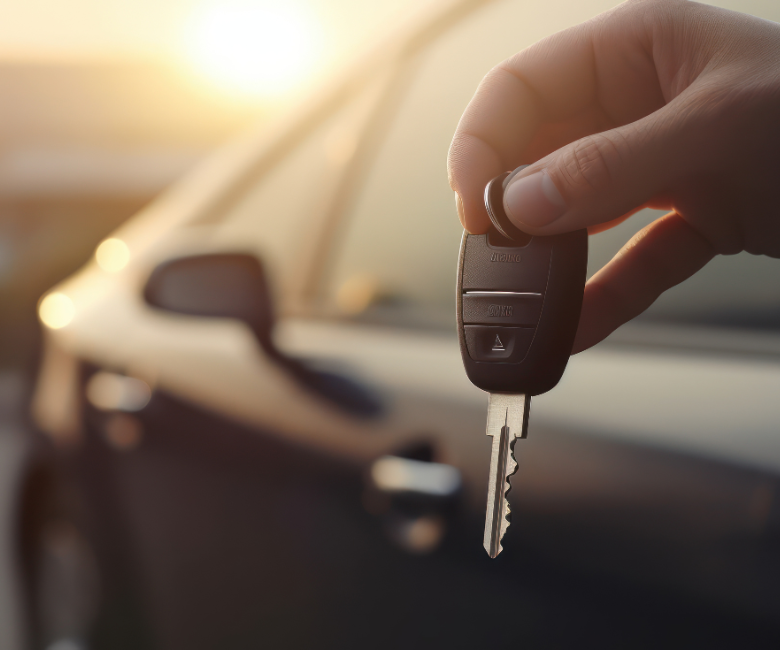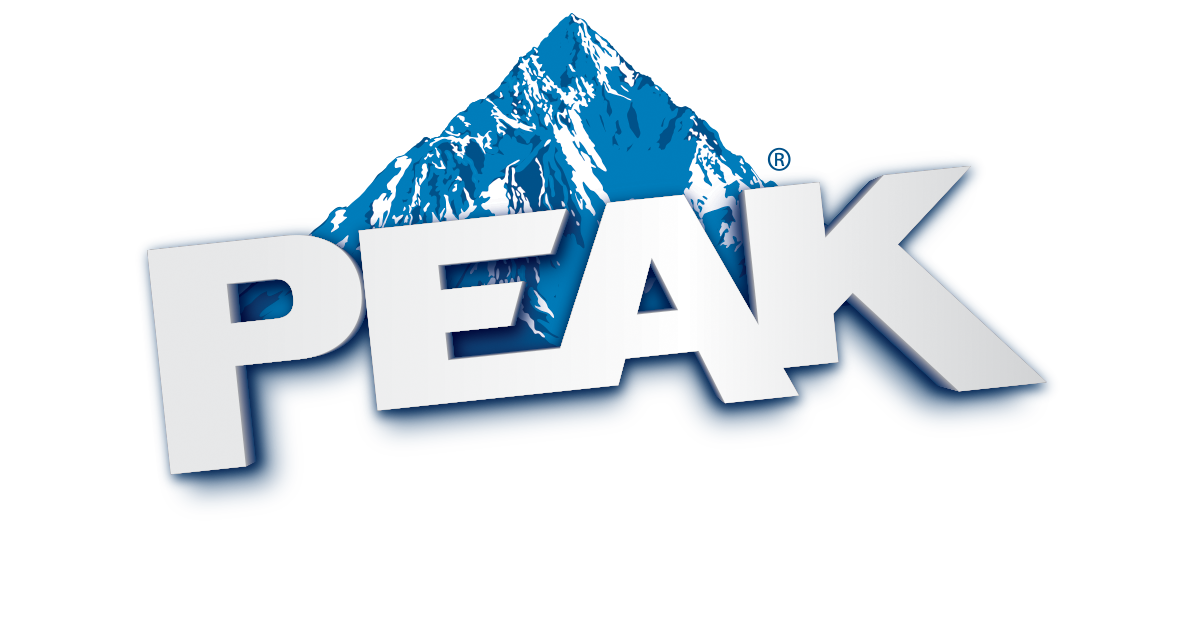
New Ride in the New Year? Leasing vs. Buying
- Vehicle Maintenance
- PEAK
- January 24, 2024
If you're looking for a new car to start off the new year, take time to decide the best financial model for you. Explore the pros & cons of leasing vs buying a car.
If you're looking at a new ride this new year, choosing a financing model should be one of your first steps. Squaring away this important decision will help you shop with more confidence.
The main question you'll need to answer is whether it's better for you to lease a car or buy one. Both options have pros and cons, which you'll need to consider in the context of your situation.


Leasing vs. Buying a Car: How It Works
Leasing
When you lease a car, you're essentially entering into a long-term rental agreement with a fixed end date. Car leases usually last 24-48 months, though some dealers may offer shorter or longer terms.
In addition to the term length, your lease agreement will also specify:
- Mileage limits. Leases usually limit you to about 12,000-15,000 miles per year. If you exceed the total limit, you'll be charged about 10-50 cents for every extra mile.
- Amount due at signing. This typically covers your down payment, your first month's payment, and up-front charges like acquisition fees. Credits, rebates, and trade-ins can reduce the amount due at signing.
- Early termination terms and fees. It's possible to break a lease early—but it'll cost you. The lease agreement will break down the fees you'll be on the hook for if you terminate the lease before the end of your specified term.
Most leases also include what's known as a purchase option. A purchase option gives you the opportunity to buy the car at a predetermined price when your lease ends. When the lease expires, you can also choose to extend it or return the car to the dealer.
Buying
In comparing leasing vs. buying a car, you'll find buying is much simpler.
When you buy, you become the car's titled owner. You can pay cash for the car, or finance the purchase with a loan from a financial institution or car dealership.
Financing is very common, especially for new vehicles: Consumers finance new car purchases about 80% of the time. You'll make a down payment, usually in the range of 10-20% of the purchase price. You will then make fixed, scheduled payments until you pay off the car loan.
Pros and Cons of a Car Lease
Pros
Leasing has serious appeal, which is why about one-quarter of new car buyers choose it. Key advantages include:
- Monthly costs are usually lower: Drivers who lease pay about $143 less per month than those who finance with loans.
- You can change cars every few years and always drive a new model with all the latest features.
- Leasing can get you into a nicer, better-equipped vehicle than you might otherwise have been able to afford.
- You don't have to worry about selling the car when you're finished with it.
Leased vehicles are also usually under the manufacturer's new-car warranty. This protects you from most major repair costs and makes your driving budget far more predictable.
Cons
Car leases also come with several significant drawbacks:
- You do not build ownership equity in the vehicle by making lease payments.
- Mileage limits restrict your vehicle usage.
- In most cases, you cannot modify or customize a leased vehicle.
From a purely financial standpoint, leasing usually carries higher overall costs than using a loan to buy the same vehicle. New cars sharply depreciate in value during their first few years of use—and that's exactly when you're making lease payments without getting any equity in exchange.
Special Considerations
Lease agreements also include charges for "excess wear and tear." If you return the vehicle with dents, dings, stains, or other cosmetic or mechanical defects, you could find yourself responsible for hundreds of dollars or more in extra charges.
If your financial situation changes before your lease term is up and you can no longer afford your payments, you'll be stuck in a tricky situation. You'll either have to find someone to take over the lease or come up with the money to terminate the lease early.
On the plus side, you can get some tax benefits if you lease a vehicle for business use. This can generate savings that may make leasing a better fit.


Pros and Cons of Buying a Car
Pros
Buying a car comes with many simple yet powerful advantages:
- You gain ownership of a valuable asset.
- You can drive as much as you like, and make any changes or modifications to the car.
- Financing a car purchase is less complex than leasing.
- When you're ready for a new car, you can sell your current car and use the money to make the down payment on your next vehicle.
Cons
At the same time, buying and owning a car carries some drawbacks that don't apply to leases:
- You're responsible for all maintenance, repair, and ownership costs once your warranty expires.
- Monthly costs are usually higher.
- Sales tax and interest charges apply.
- You have no way of knowing what your vehicle's future value might be.
Special Considerations
Most car loans are structured to cover the interest first, which means you don't pay down the principal (or build equity in the vehicle) until late in the loan term. This can lead to a situation known as "negative equity," where you owe your lender more money than the car is actually worth.
The longer your car loan's term, the greater your risk of ending up in negative equity territory. Longer-term car loans lead to lower payments, but you should balance that benefit against the potential risks.
It Might Be Better to Lease If…
- Reducing and controlling your driving costs is your top priority.
- You'd like access to a higher-end vehicle for a fixed, lower cost.
- You prefer to avoid the risks and responsibilities of ownership.
- You don't put a lot of miles on your car.
- A shorter-term car loan will put too much strain on your budget.
It Might Be Better to Buy If…
- Owning a valuable asset is a high priority for you.
- You want the freedom to drive, modify, and customize your car as you see fit.
- You can afford to carry a shorter-term loan.
- You have cash on hand to make a decent down payment.
Summing It Up
Personal finance experts agree: Buying a car is usually better because you acquire a valuable asset for your money. When you lease, your payments don't build any equity in the vehicle.
That said, the controlled and predictable costs of leasing have serious appeal. Many drivers also like how leasing gets them into a nice new vehicle every couple of years.
Take your time as you consider leasing vs. buying a car. Crunch the numbers both ways, and consider how each option's pros and cons might affect your situation.
No matter whether you decide to lease or buy, keep your new ride running at peak performance with our acclaimed lineup of industry-leading products.

